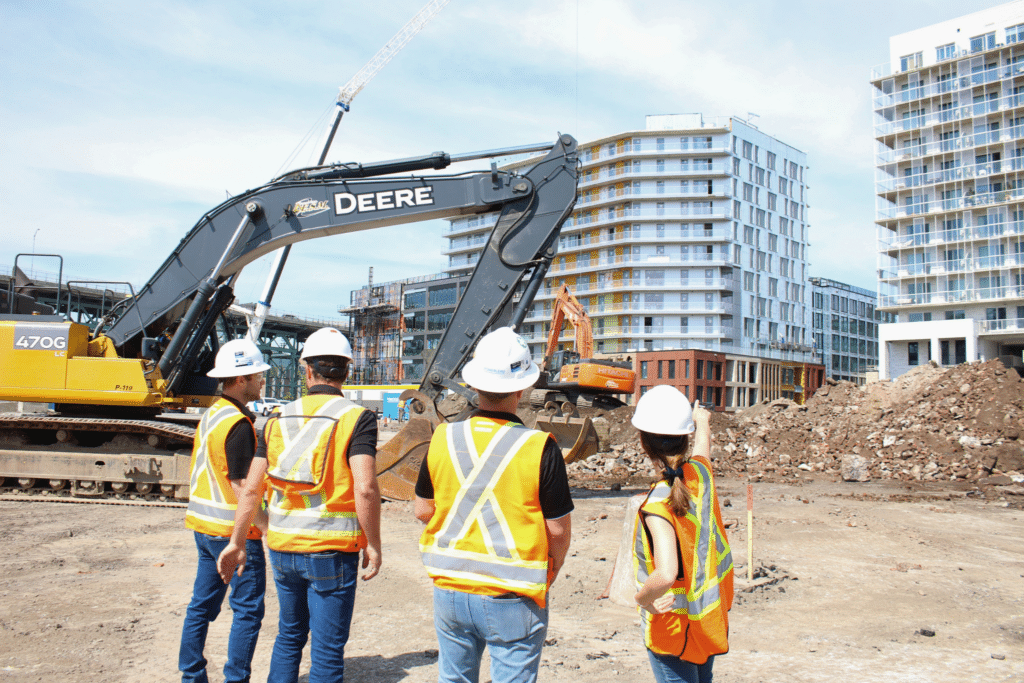What is a divided co-ownership dwelling (condo)?
A co-ownership dwelling is a collection of private living quarters owned by, and for the exclusive use of, the purchasers of the units (that is to say, the interior of the condo). The individual unit owners jointly own the common elements that may include corridors, the rooftop terraces, communal rooms, and recreational facilities, based on a percentage established under the terms of the declaration of co-ownership.
Why do I pay condo fees?
Unit owners pay a monthly condominium fee, determined by the value of the condo, in order to cover the costs related to maintaining and operating all common property elements including day-to-day care and upkeep, electricity, heating and air conditioning in the common areas, as well as property management fees, insurance, and the reserve fund. The reserve fund is the portion of the fees set aside to pay in the case of major repairs. In some cases, depending on the project and the building’s systems, the condo fees may include hot water, heating and air conditioning of the individual units.
What is the difference between the property manager and the board of directors?
Once the majority of the units have been delivered, Prével selects a property manager, which will be responsible for the maintenance of the building(s) and common areas, as well as for managing the operations. Then, a general meeting will be held, during which a board of directors (or syndicate of co-owners), constituted of co-owners, is elected by the majority of co-owners. The newly-appointed board of directors will have the choice of staying with the property management company selected by Prével, replacing it with another, or, eventually, managing the property on its own. It’s the board’s prime duty to represent the interests of the owners and to guide the property manager in making the right decisions for the condo.
Why do I need my own insurance if the building already has one?
The insurance coverage obtained and maintained by the board of directors only insures the building to its value as new, against robbery and fire. It doesn’t protect your personal assets. As a co-owner, you’re responsible for insuring your personal belongings and the improvements you have made on the standard layout of the unit. You also need to subscribe to a civil liability contract valued at 2 million dollars.
Are barbecues allowed on the balconies?
Remember that the balcony isn’t included in your private property. It is part of the common areas, restricted to the sole use of the co-owner. Whether or not you’re allowed to have a barbecue on the balcony depends on the rules and regulations detailed in your particular building’s declaration of co-ownership. These rules and regulations cannot be modified without the approval of the majority of co-owners.
Prével Team



